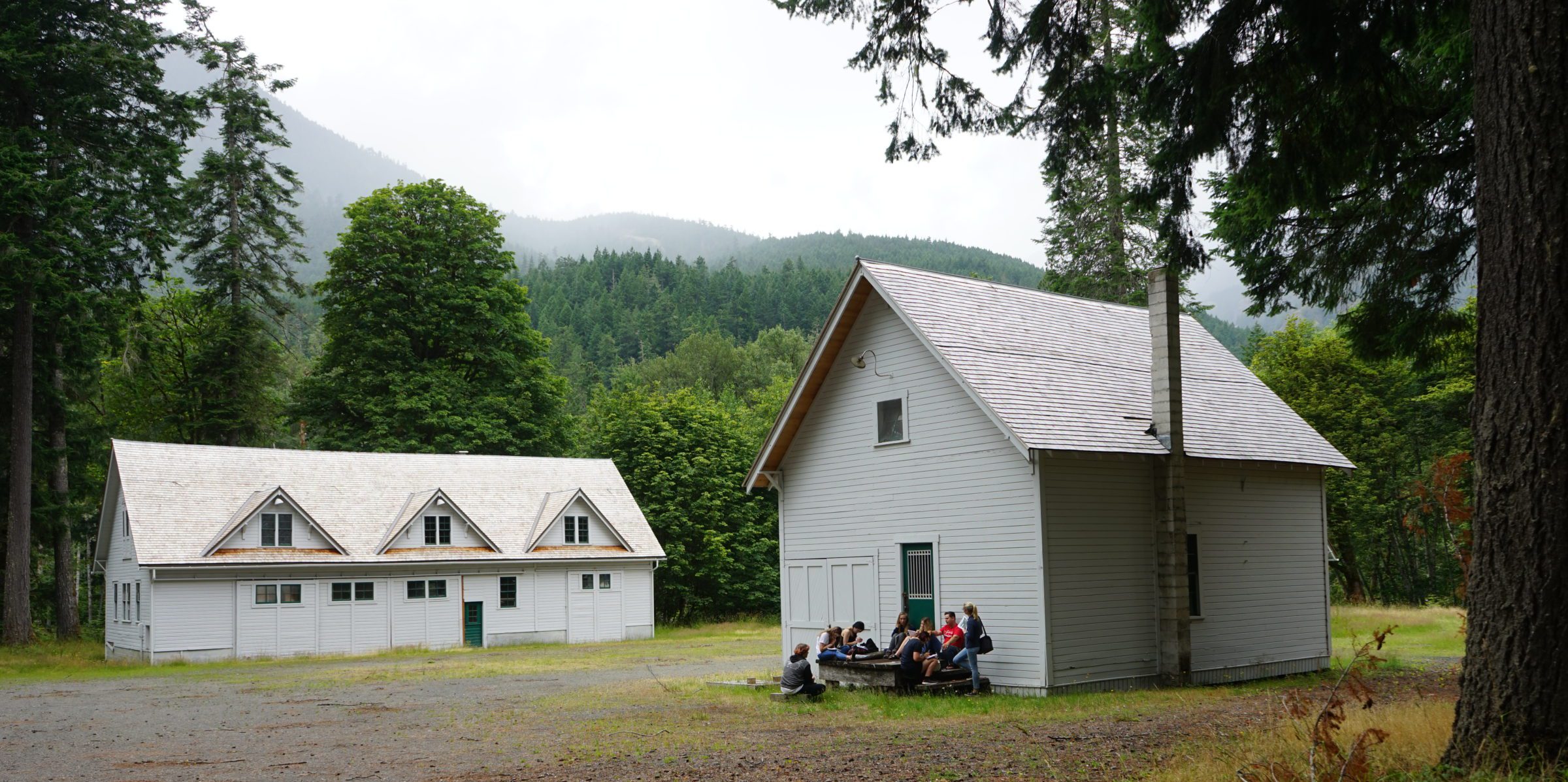Advocacy Alert: Comment on Proposed Changes to NEPA
February 4, 2020 | 2:03 pm
from Washington Trust

In January, the National Council on Environmental Quality (CEQ) proposed revisions to the National Environmental Protection Act (NEPA) that reduce the consideration of cultural resources in infrastructure projects.
Currently, NEPA requires federal projects to consider their impact on the environment and on cultural resources like historic buildings, sacred tribal sites, and protected natural areas. The proposed revisions would have the following impact:
- Reduces the number of projects subject to NEPA review, thus increasing the chance a federal infrastructure project could adversely impact important cultural resources.
- Limits the consideration of indirect, cumulative, and long-term effects on the environment, which are often greater than the immediate or direct effects of a project.
- Names the federal government as the sole arbiter on many of its own decisions, removing critical oversight by states, tribal entities, and the public.
Although preservation groups are still reviewing the proposed changes to NEPA, many organizations are concerned that these revisions will have a negative impact on historic, natural, and cultural resources.
The CEQ is accepting comments on the proposed revisions now through March 10. You can learn more about the administration’s view on these proposed changes by reviewing the CEQ’s fact sheet and federal register posting. If you believe that federal projects should have to consider their effects on important cultural resources, we encourage you to make your voice heard. You can make a comment by:
- Visiting the Federal eRulemaking Portal at https://www.regulations.gov and searching for docket number CEQ-2019-0003. Just click the blue “Comment Now!” button to submit your thoughts directly to the federal government.
- Send a fax to 202-456-6546, being sure to mention docket number CEQ-2019-0003.
- Send a letter to the Council on Environmental Quality at 730 Jackson Place NW, Washington, DC 20503. In your text, be sure to mention docket number CEQ-2019-0003.
Sample Text
We strongly encourage you to use the text below as a starting point to craft your own comments in your own voice. This will help ensure that your individual comment or letter is counted in its own right, rather than as part of a group statement.
Dear Council on Environmental Quality,
I’m writing to express my concern at the proposed changes to the National Environmental Protection Act (docket number CEQ-2019-0003). While I am supportive of certain proposed changes to the rules, including the addition of tribal consultation throughout the process, I am very concerned about revisions that would eliminate references to indirect and cumulative effects of projects on cultural resources. For cultural and environmental resources, indirect and cumulative effects—even if they are remote in time or location— can be substantially damaging and must be taken into consideration.
I am also opposed to changes that limit the public’s right to participate in important government decisions, including the establishment of rigid timelines for completion of environmental reviews and the proposed rules allowing federal agencies alone to be arbiters of feasible alternatives to their own projects. Tribal consultation and cultural resource fieldwork should not be rushed into arbitrary completion dates. As we have experienced in the Pacific Northwest, inadequate scientific and cultural analysis can lead to litigation, project delays and cancellations of projects in the millions of dollars. The public, the state, and tribal entities should have the right and the time to participate in the decisions that affect us all.
Finally, I am opposed to the large number of projects that could be excluded from NEPA review under the proposed changes. I am concerned that this proposal allows larger projects that may have significant impacts to claim exclusion from regulatory processes.
I urge you to consider these objections and concerns as you review the proposed changes to NEPA. Out of respect to our environment, our history, and our future generations, I believe that we have both the right and the responsibility to consider all the effects of our major infrastructure projects on cultural and natural resources.
Sincerely,
[YOUR NAME]
